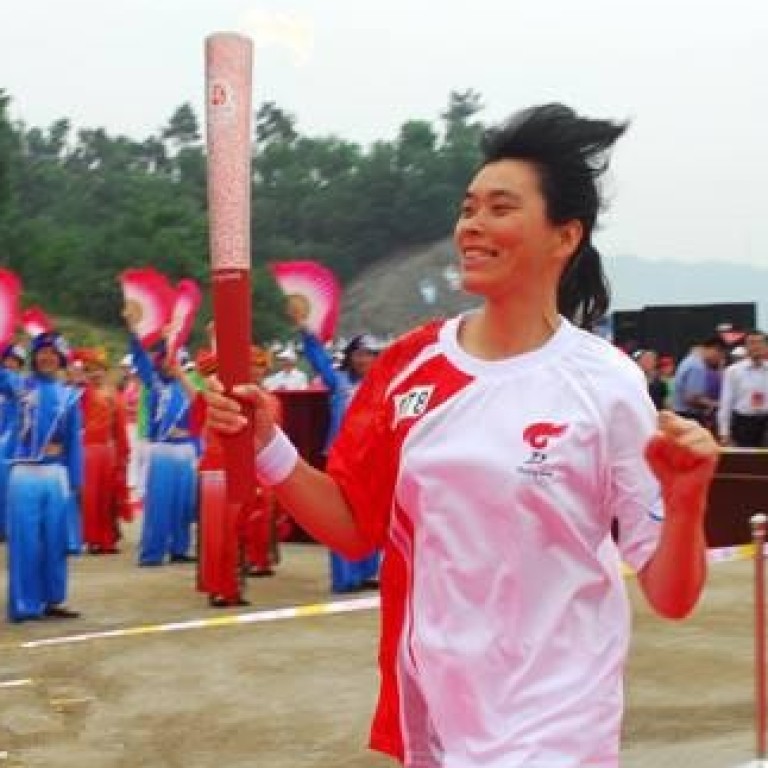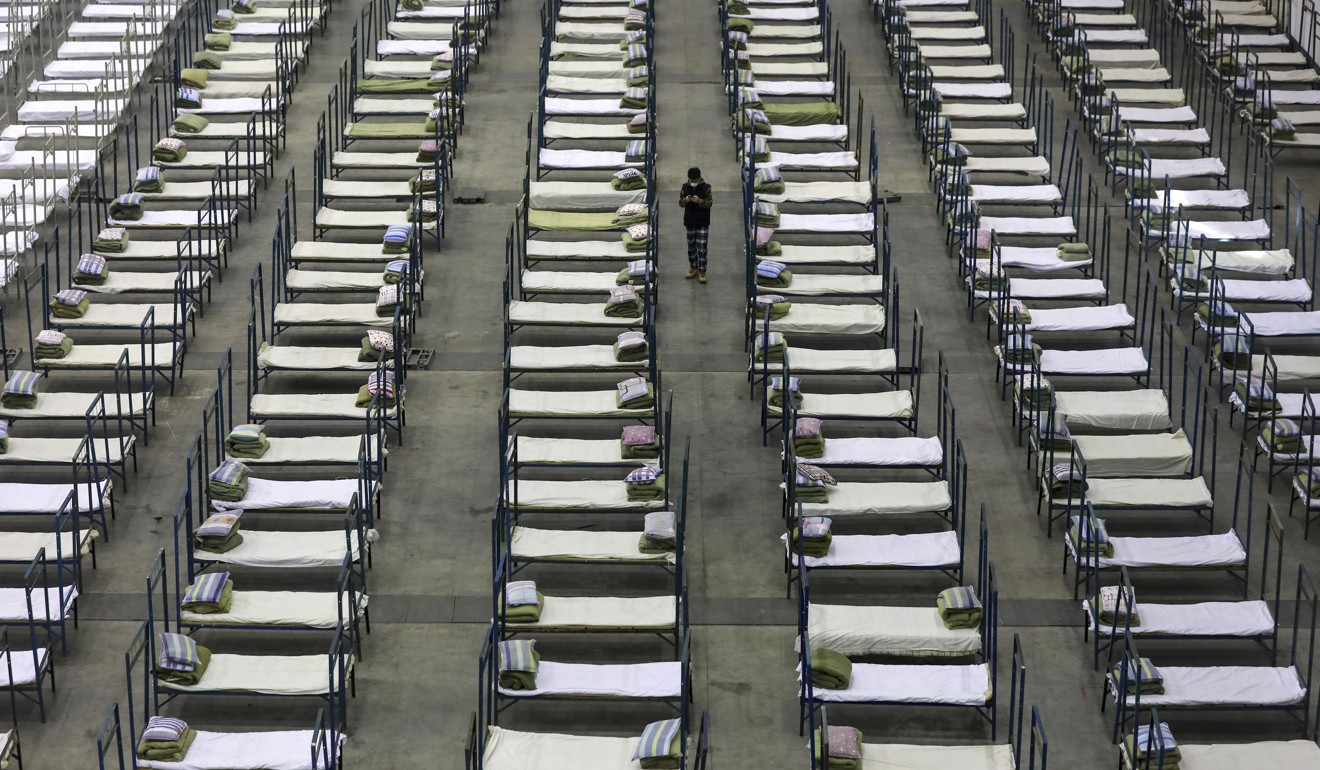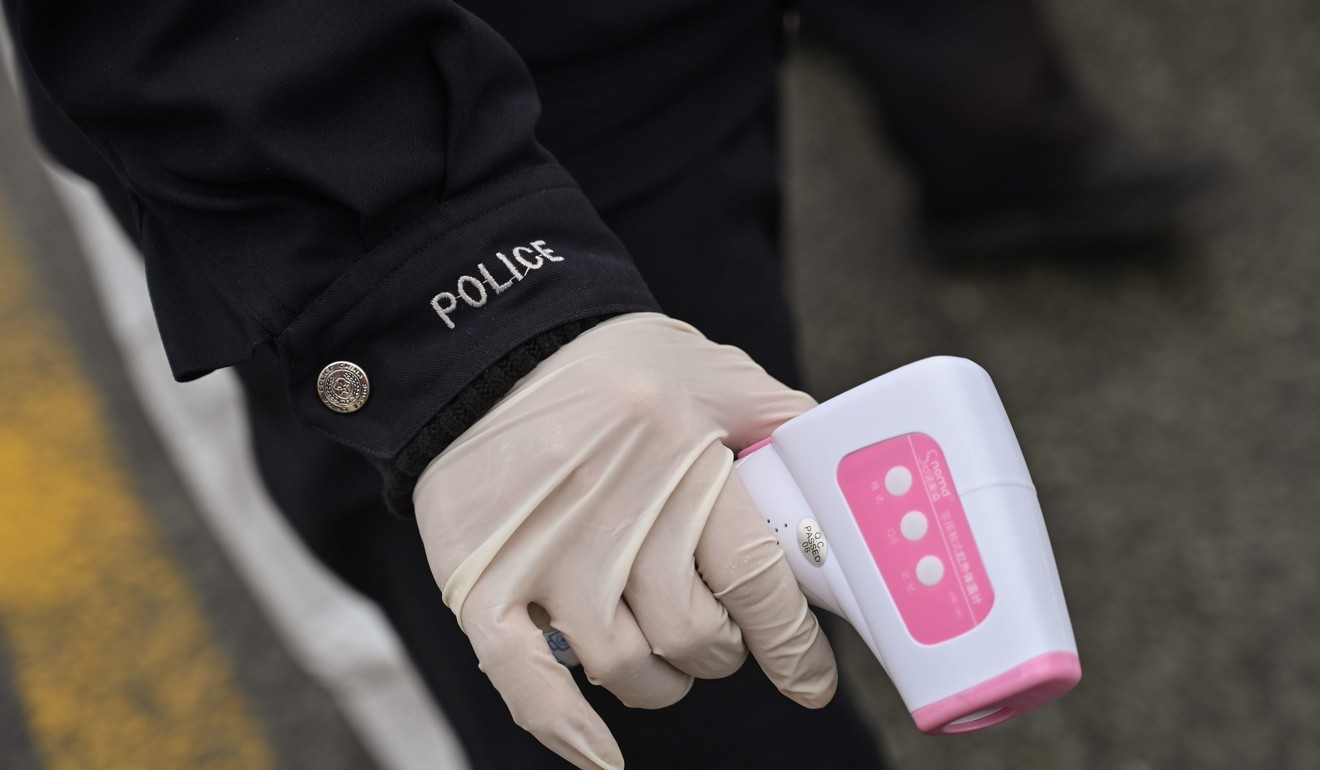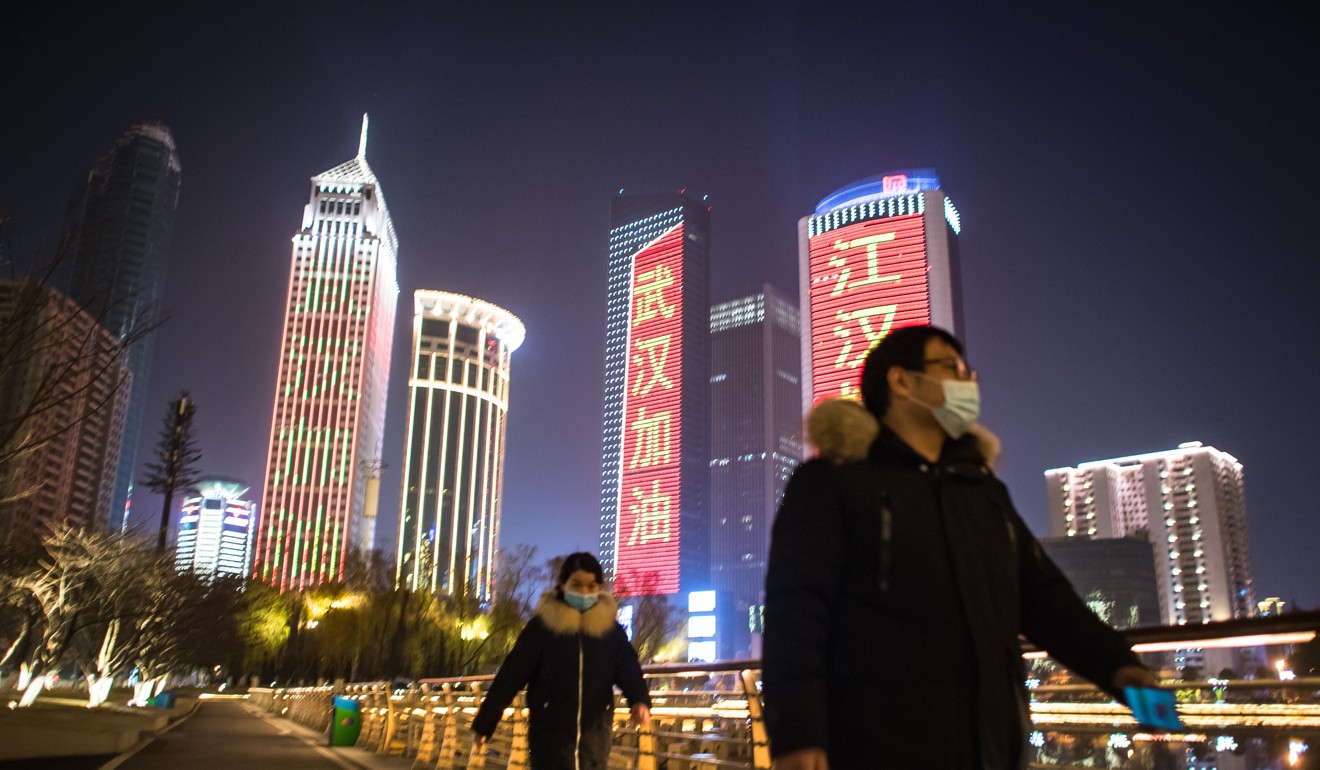
Former Chinese rowing world champion Pei Jiayun loses her husband to coronavirus
- Pei, the 1993 world champion, spends 14 days in quarantine in Wuhan
- Olympian’s son and mother-in-law also diagnosed with the disease but are recovering
Like everyone in Wuhan and beyond, life will never be the same for former rowing world champion Pei Jiayun, who has lost her husband, Liu Weidong, also a rower, to the coronavirus.
When the epidemic hit Wuhan, the retired rower and her family were exposed to the virus. On February 1, Pei, Liu and Liu’s mother went to hospital for a nucleic acid test after some coughing and fever but two days later Liu died at home before the test results were known.
While Pei, 49, was still mourning the sudden death, her son, Liu Liwei, also developed a high fever and just two days after the passing away of his father, the 20-year-old was sent to hospital and diagnosed with coronavirus.
Pei was assigned to a hotel for a 14-day period of quarantine, along with her mother-in-law. The older woman’s condition deteriorated but it was not until February 12 that she became a confirmed case. Liu’s mother was sent to the newly built Huoshehshan Hospital, while Pei remained in quarantine.

Wuhan has survived war and revolution, it will get through this
Pei is about to end her isolation and the condition of both her son and mother-in-law has been improving. The tough-minded ex-athlete said she drew strength from memories of the hardships of her younger days, born into a poor farmer’s family in another Hubei city, Huanggang, before leaving for provincial capital Wuhan at the age of 15 to try rowing.
Pei works at the Hubei provincial water sports administration centre after retiring from rowing some two decades ago. She claimed a gold medal in the women’s coxless four at the 1993 world championships in Czech Republic, followed by a gold in the coxless pair at the 1994 Asian Games in Hiroshima, where Hong Kong’s Ho Kim-fai won a silver in the women’s single sculls. At the 1992 Barcelona Games, Pei and her teammates came fifth in the women’s eight.

Only nine months after beginning formal training, Pei became a member of the provincial team in late 1986 and four years later she was promoted to the national team, taking part in the Barcelona Olympic Games two years later before clinching her world championships gold medal the following year.
Retired tennis star Li Na donates 3 million yuan to help fight epidemic
On January 21 when there were rumours Wuhan was going to be locked down because of the spread of the virus, Pei put on a face mask for the first time when people were still busy preparing for the Lunar New Year celebrations.

Even after the city of 10 million people was locked down, Pei still heard people saying “Wuhan Jia You” (translated as Come on Wuhan) everywhere and it seemed people were still positively minded in the battle against the epidemic.

